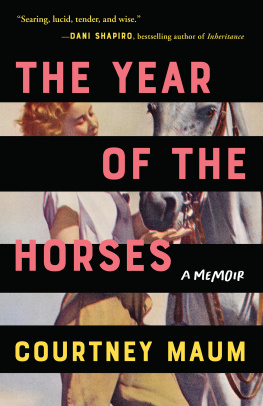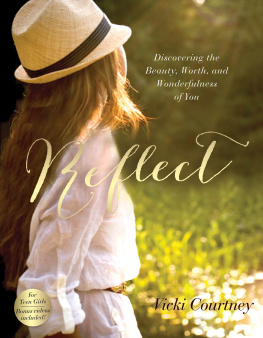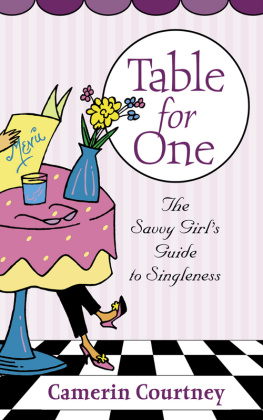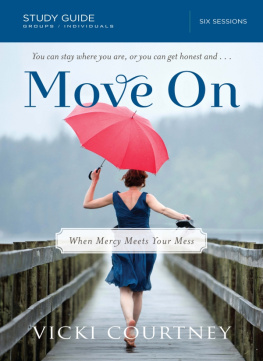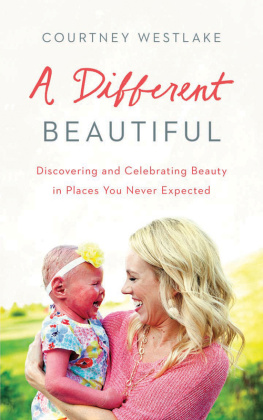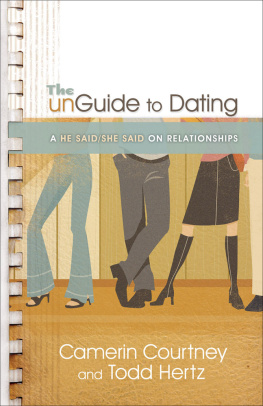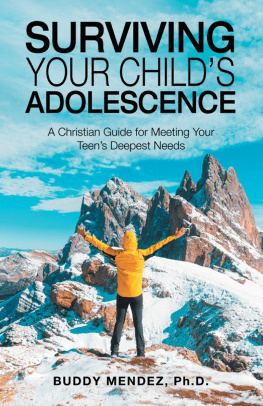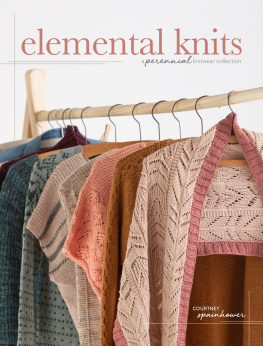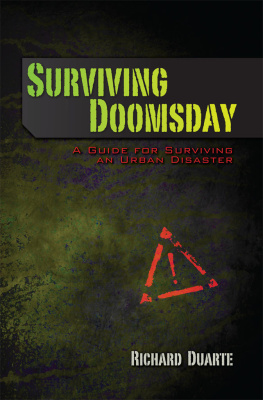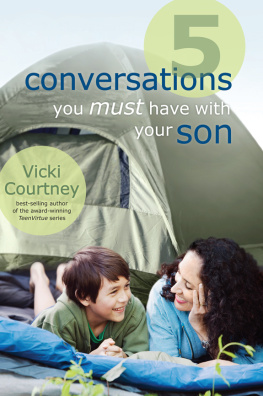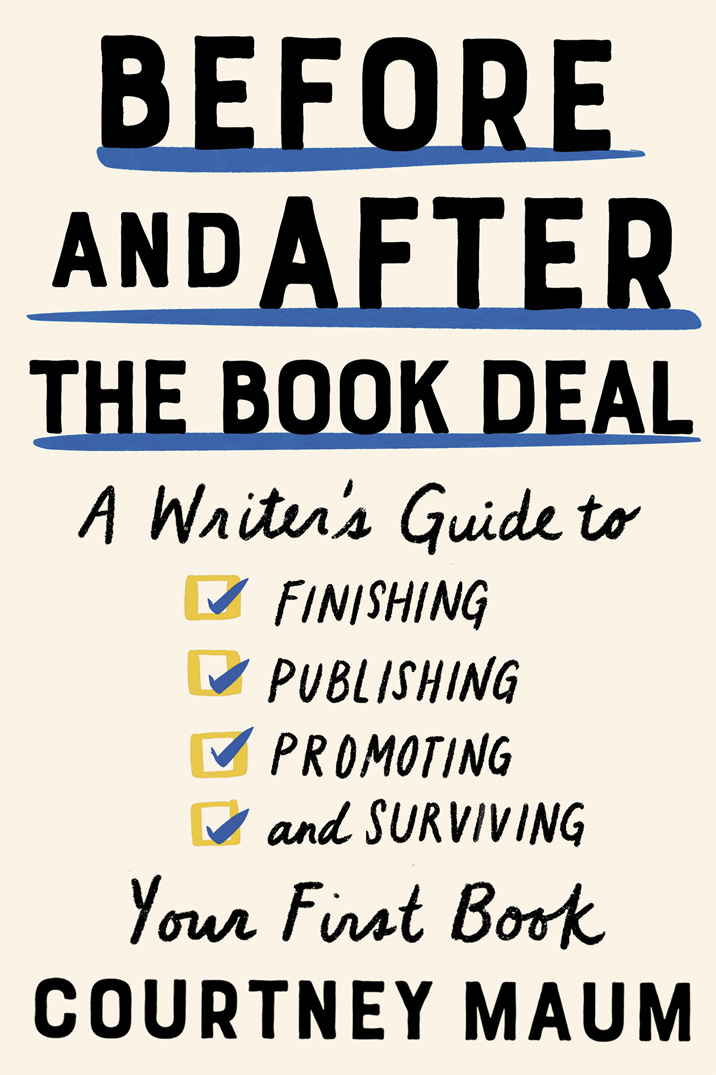Table of Contents
Guide
In second grade, I had a teacher named Mrs. Vicidomini who announced that we were going to learn about the art of book making one week. We were given a few days to perfect our stories back at home (I swear I can still smell the wood of my fathers desk and see the dust mites floating through the room I locked myself inside to do this), and on the big in-school production day, Mrs. Vicidomini rewarded us with a table full of book-making instruments and an art directors verve, gussying up our written efforts with wallpaper dust jackets boasting about the author sections. At seven years of age, this publishing session was the closest thing Id ever come to intoxication. The fruit of my imagination now had weight, and heft, a little rubber cement bleed-throughI had a real book! The message to my yearning heart that week was clear: all one needed to become a real writer was a door that locked, a Bic pen, and someone to believe in you.
Thirty-five years later: Thank you to my believers. At Catapult: marketing sorceresses Jenn Kovitz and Elizabeth Ireland, production geniuses Wah-Ming Chang and Jordan Koluch. Nicole Caputo, Sarah Brody, and Sarahmay Wilkinson for the flawless art (and art direction), Katie Boland for the balloons, Jordan and Nicole Jones for catching my mistakes. Stella Cabot Wilson for the extra help sessions, and Megan Fishmann and Alisha Gorder for the good words. Andy Hunter for the faith and the subtitle; Jonathan Lee for the support; Dory Athey for the outreach. And dearest Julie Buntin: you got this book from the beginning as an editor and an author, and it is better, broader (bigger!) for your friendship and your guidance.
There arent a lot of agents out there who can coolly give notes to an author who is writing hard truths about the biz, but Rebecca Gradinger is one of them. Thank you for your humor, your willingness to experiment, and for your perennially long view. Veronica Goldstein, Elizabeth Resnick, and Vanessa Freifeld, for never letting anything fall through any crack. And thank you to Sally Kim, who gave me my big break and continues to teach me so much about the innate joy and hopefulness of publishing something new.
Benjamin Woodard and Jen Cote, thank you for the brainstorming session, and Amy Kurzweil, you semiotic superstar, thank you for bringing pizzazz and coherence to my Tenure Tower map.
Thank you to all the editors who ever took a chance on me, especially Benjamin Samuel, Halimah Marcus, and Lance Cleland, who let me write funny things about the writing life well before Id ever published a book. And thank you Diego Ongaro, the most patient, large-hearted, and supportive artist outside of publishing.
But thank you most of all to our contributors: these writers, editors, agents, and industry professionals who took time to be candid with me about whats gone right (and wrong) in their careers; to admit what they would have done differently, and share what theyd still like to do. Catapult, Fletcher & Co., and I have made a donation to Girls Write Now on your behalf. And to the published, to the unpublished, to everyone with an idea that keeps them tethered to the trying: protect your magic and write on.
ALSO BY COURTNEY MAUM
I Am Having So Much Fun Here Without You
Touch
Costalegre

Colin Lane
COURTNEY MAUM is the author of the novels Costalegre, Touch, I Am Having So Much Fun Here Without You, and the chapbook Notes from Mexico. Her writing has been widely published in such outlets as BuzzFeed, The New York Times, O, The Oprah Magazine, and Poets & Writers. She is the founder of the learning collaborative The Cabins, and she also runs a service called The Query Doula where she helps writers prepare their manuscripts and query letters for an agents eyes. Shes very glad youre here.
Contents
Before and After the Book Deal
Copyright 2020 by Courtney Maum
All rights reserved
ISBN: 978-1-948226-40-0
Cover design by Sarahmay Wilkinson
Book design by Jordan Koluch
Illustration by Amy Kurzweil and Courtney Maum
Catapult titles are distributed to the trade by Publishers Group West
Phone: 866-400-5351
Library of Congress Control Number: 2019941065
Printed in the United States of America
10 9 8 7 6 5 4 3 2 1
For the dreamers who sat down to tell a story
that no one asked them to write
The first time I realized publishing a book would be a different experience from writing one was when my publisher asked me to send an email blast to my personal contacts with a preorder link for my debut. Although Id received such emails in the past from other writers and was familiar with the enterprise, it felt anything but comfortable to write one for myself.
Ive always wanted to be a writer, and now Ive finally done it! I typed before hitting delete. Twenty-six dollars might seem like a lot of money for a book, but when you divide this sum by the years that I spent writing it... Delete. Preorders are actually a really important way to... Delete.
As I tried and tried again to find the right tone for this email, I felt a clench of nausea where before thered been only pride. Up until that moment, I had been my books author. Now I was its publicist. It wasnt a job that Id applied for, and yet, the job was mine.
The professionalization of creativity is a by-product of the digital age, and nowhere is this trend more apparent than in publishing, where contemporary authors are expected to be the brand ambassadors for everything they write, taking to their social media feeds, favor banks, and Gmail to shape their books reception. It can give you a sense of purpose and control to be your own books champion. But spending too much time promoting our work can change our writing process, and thats a scary thing. Doubts seep in. We consider the marketability of what we are creating. We start comparing ourselves with othersan act thats far too easy now that most authors are online.
I had a really good run with my first novel. Great cover, supportive editor, ride-or-die agent, the whole deal. There was actual cash money put behind the marketing of my debut, and I still came out of that experience a shaking, anxious mess. There were just so many things that no one told me. About jealousy. About competition. About the seasonal best-of book lists that come in to ruin your life. About how hard it would be to write something new when your inner multitasker wants you to be on social media all the time. There are a lot of craft books that tell you how to write a book, but I couldnt find any that covered what it feels and looks like when you actually publish one.
And so I sat down to write the crowdsourced turducken of a self-help craft book that I couldnt find. In addition to giving writers the information they need to feel in control of their publication journey, Before and After the Book Deal is a safe house for the publishing questions many authors are too afraid to ask.
Do you need to go to book parties? Should you hire an outside publicist? What kind of advance is everyone else getting? Should you send trinkets of affection along with blurb requests? Our contributors advice on these and other matters reflects the time that their interviews took place: writers here might be fretting about debuts that went on to be successes, editors might be referencing new titles that were commercial flops, first-time authors who never thought theyd write again will have managed to turn in their second book projects.
Next page

